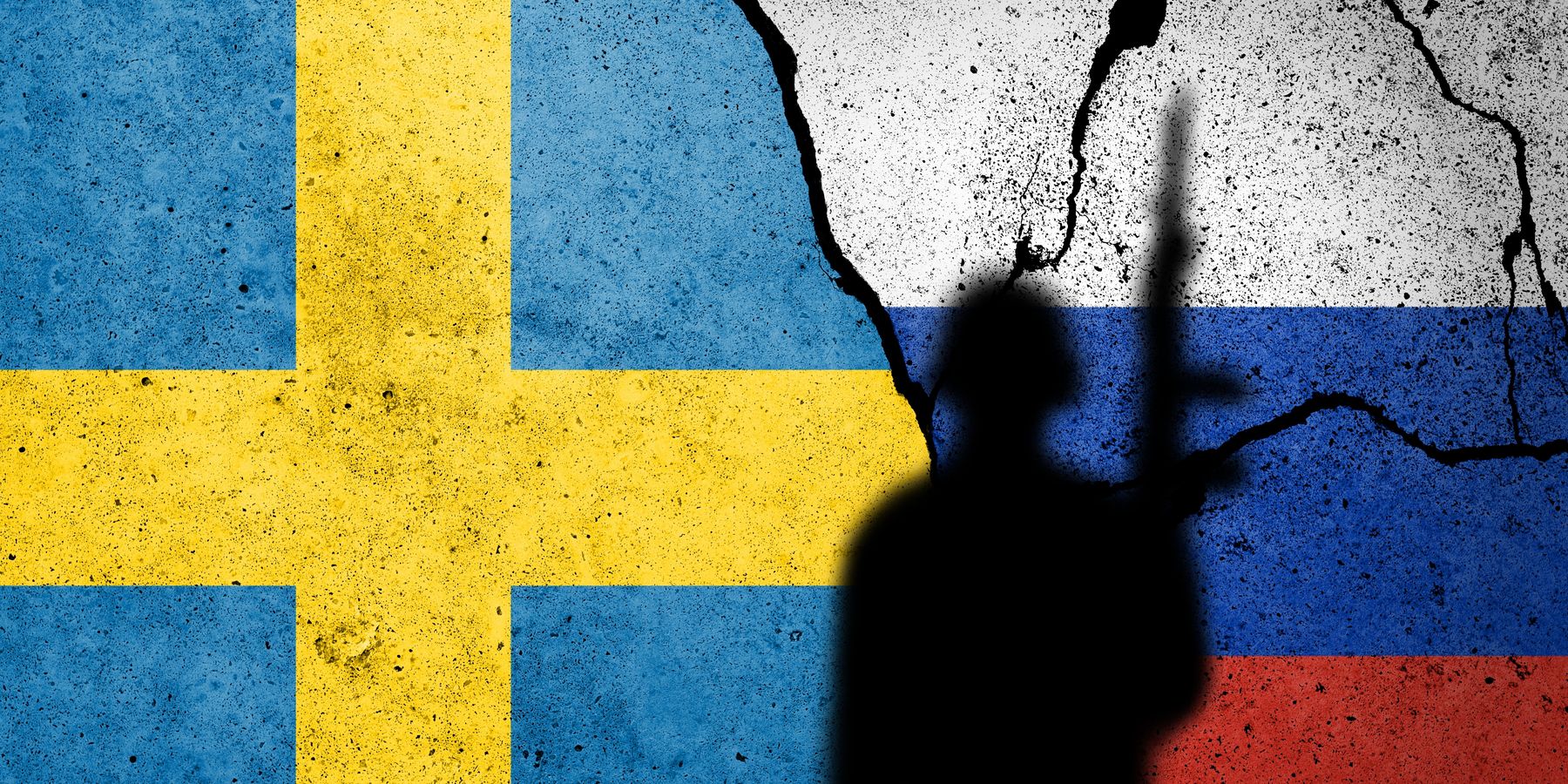Experts say that some European countries are exaggerating perceived security threats with recent moves to push their respective publics to prepare for worst-case scenarios.
On Monday, the Swedish government began distributing a booklet that purports to help citizens prepare for war. This 32-page pamphlet advises citizens on digital security, how to seek shelter, and how to identify warning systems.
“We live in uncertain times,” the booklet reads. “Armed conflicts are currently being waged in our corner of the world. Terrorism, cyber attacks, and disinformation campaigns are being used to undermine and influence us.”
This comes shortly after President Biden gave Ukraine permission to use American-made missiles to strike targets deep inside Russian territory. This move Russia’s foreign ministry said, would result in “an appropriate and tangible” response.
Sweden Defense Minister Pål Jonson singled out Russia as being a “principal threat to Sweden,” and said that “the risk of an attack cannot be excluded.” In response, Sweden will increase its defense spending by 10 percent starting next year, amounting to a boost to 2.4% of GDP.
Sweden also joined NATO in March of 2024 in response to Russia’s invasion of Ukraine. The pamphlet reminds its citizens of its obligations. “Sweden is part of the military alliance NATO,” it reads.“The purpose of the alliance is that the member countries collectively will be so strong that it deters others from attacking us. If one NATO country is nevertheless attacked, the other countries in the alliance will aid in its defense.”
Other regional NATO members have taken similar measures, citizens of Norway and Finland — which also joined the alliance after Russia’s invasion of Ukraine — have also received similar resources seemingly meant to prepare citizens in the case of "incidents and crises.”
However, experts say that these steps are unnecessary. “Russia has made no military deployments to threaten Finland or Sweden,” says Anatol Lieven, Director of the Quincy Institute’s Eurasia Program. “Given the way that the Russian army is tied down in Ukraine, the very idea is absurd. Nor has any Russian official threatened this.”
QI Research Fellow Mark Episkopos echoed this sentiment. “It is not reflective of the military realities of Russia-NATO relations,” he said, adding, “nor can it be taken as in any way suggestive of an impending Russia-NATO confrontation.”
- WWII was no costume drama so stop treating it like one ›
- Finland and Sweden will join NATO at the expense of everything ›
















